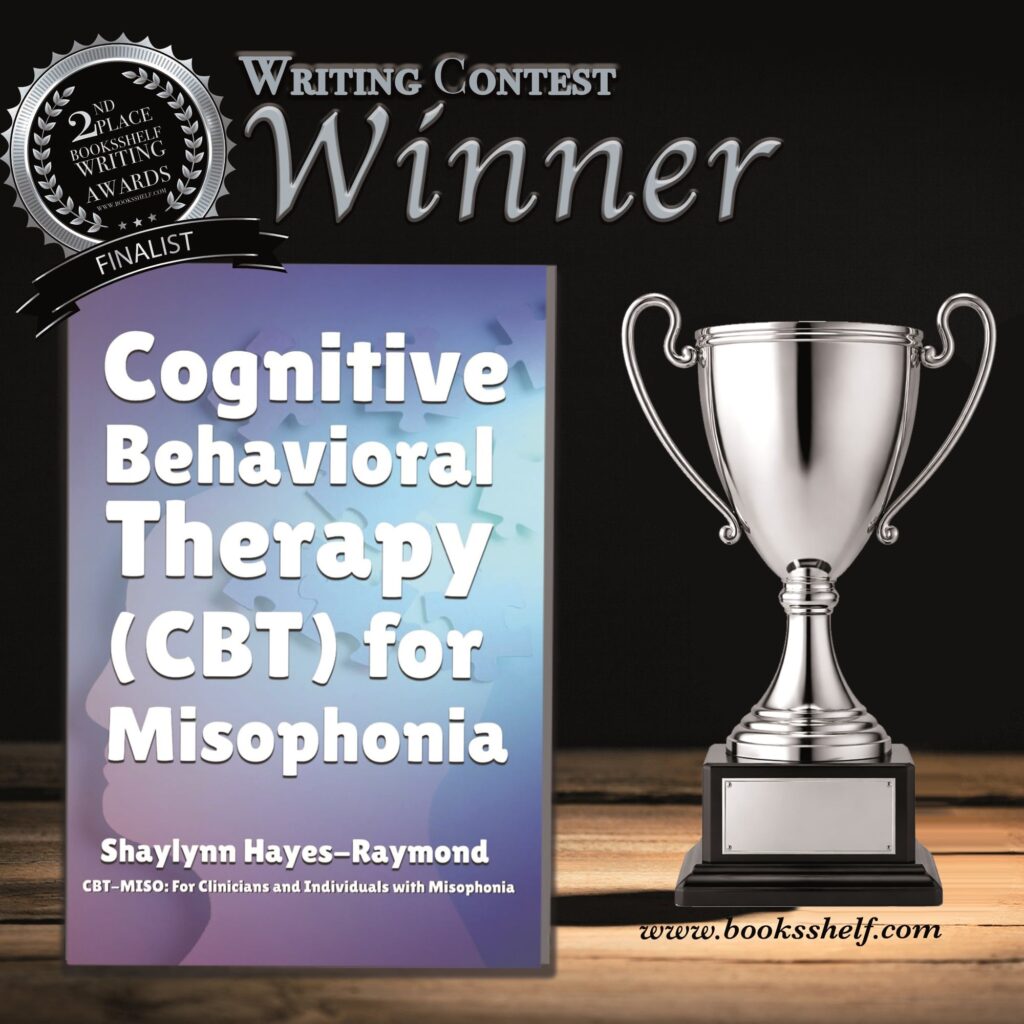
 As of now there is no misophonia medication that has been vetted or scientifically tested. It is important to be careful when taking recommendations for misophonia. It is important that sufferers of misophonia are clear about the status of medications for the disorder. While this can be disheartening for some, persons should realize that misophonia research is required to determine whether there will be a medication for misophonia that will help the disorder. As we research this, it is important to be armed with facts in the present.
As of now there is no misophonia medication that has been vetted or scientifically tested. It is important to be careful when taking recommendations for misophonia. It is important that sufferers of misophonia are clear about the status of medications for the disorder. While this can be disheartening for some, persons should realize that misophonia research is required to determine whether there will be a medication for misophonia that will help the disorder. As we research this, it is important to be armed with facts in the present.
The following is a statement from Duke University about the state of misophonia medication.
There is no scientific evidence that any specific medication treats Misophonia. However, doctors are able to prescribe medications “off label,” which means that they can suggest you try medications developed for other problems that they believe may help reduce difficulties related to Misophonia. If a doctor prescribes medications for Misophonia, we believe it is appropriate that patients be aware that such medications are experimental. In such circumstances, we suggest patients ask their doctor to disclose (a) the clear rationale for the use of such medications and (b) any possible side effects and risks. (Full disclaimer and information can be found on Dukescience.org)
Since medications can impact health negatively when taken for an unknown disorder, any one with misophonia should be careful before taking medications that have not been tested for the condition. It is important that persons with misophonia try coping techniques, are up to date on any new misophonia treatment options, and are frequently looking up new research on the disorder.
“Once studies can be conducted, researchers may become closer to a real misophonia medication solution.”
A doctor should be well-versed in misophonia and its potential neurological implications before attempting to diagnose or treat the condition. Since misophonia diagnosis is based on scientifically devoid assumptions, the following tips can be helpful when dealing with medical professionals.
- Choose a doctor that has either heard of misophonia, or is willing to listen.
- Read this article on what to do if your doctor has not heard of misophonia
- Have reasonable expectations, while this can be hard to process, misophonia has not been cured yet, results are likely to be sparse from medical “treatments”
- Explore occupational therapy as an option for coping
It is important to note that Dr. Ed Levin is working on the possibility of a treatment with antihistamines. Once studies can be conducted, researchers may become closer to a real misophonia medication solution.







